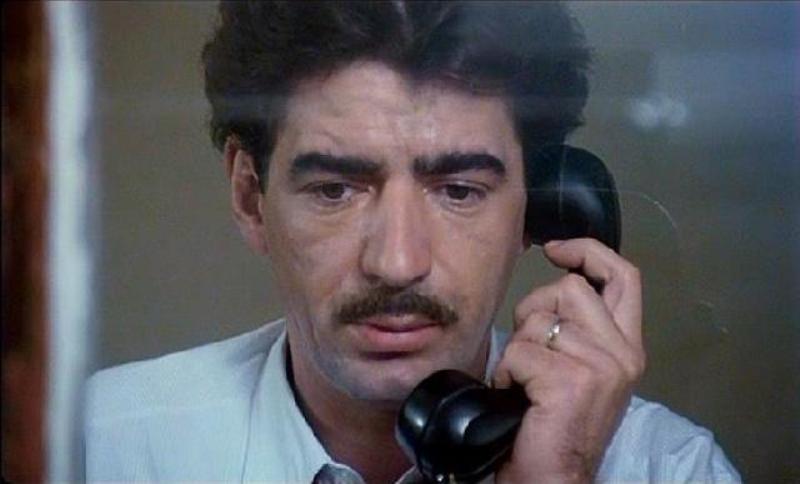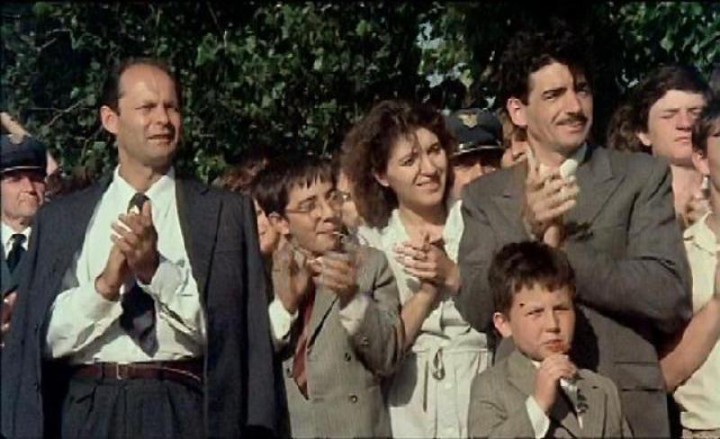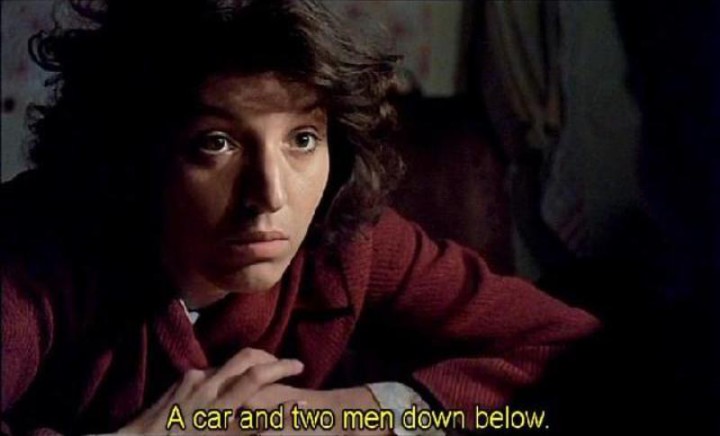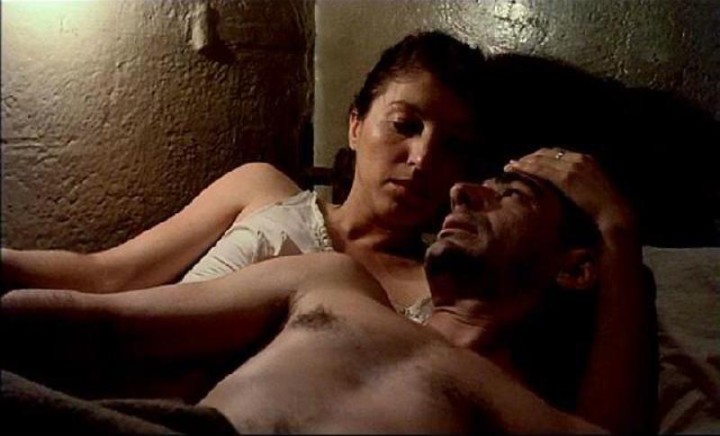Emir Kusturica’s When Father Was Away on Business is probably the filmmaker-actor’s best known work — thanks to some degree to its reception at Cannes and its Best Foreign Language Film Oscar nomination. It is also a very odd film — starting with its title, which works on two levels. It primarily refers to the euphemism used to explain Father’s, Mesha (Miki Manojlovic), absence — he’s really in a labor camp — to his children, but it also relates to the film’s opening scene where Father really is away on business. It is on this trip that he makes an innocent — but mildly anti-Tito — remark to his mistress (Mira Furlan) — this remark is what will lead to his stint in the labor camp.
When Kusturica made the film in 1985, it provided a look into the world of Yugoslavia in the early 1950s — shortly after President Tito (the “benevolent dictator”) had broken away from Stalin. It was a time of political unrest that proved dangerous to those who were hardline party members — like Mesha. It was, as the film observes, a time when “brother turned against brother,” but in this case it’s “brother-in-law turned against brother-in-law.” Here, Mesha’s brother-in-law — a bureaucrat in the Tito government — uses Mesha’s snide comment about a political cartoon to get Mesha out of the way in order to clear a path to his mistress. What Kusturica could not have known was that he was also offering us a look into a country that would soon cease to exist with the fall of the Soviet empire — something that gives the film a resonance today that wasn’t there in 1985.
The film’s structure is unusual in that it has no real trajectory. It breaks down into a series of related, but often tangential,episodes. It’s often said that the film is told from the standpoint of six-year-old Malik (Moreno D’E Bartolli), but that’s not entirely true. There are numerous scenes that depict things Malik could not possibly have seen — including the film’s opening. However, Malik more and more becomes the center of the film as it progresses — to a point where it ultimately does reflect his point of view. I don’t think the film is quite great, but it’s certainly fascinating.
Classic World Cinema by Courtyard Gallery will present When Father Was Away on Business Friday, May 23, at 8 p.m. at Phil Mechanic Studios, 109 Roberts St., River Arts District (upstairs in the Railroad Library). Info: 273-3332, www.ashevillecourtyard.com.







Before you comment
The comments section is here to provide a platform for civil dialogue on the issues we face together as a local community. Xpress is committed to offering this platform for all voices, but when the tone of the discussion gets nasty or strays off topic, we believe many people choose not to participate. Xpress editors are determined to moderate comments to ensure a constructive interchange is maintained. All comments judged not to be in keeping with the spirit of civil discourse will be removed and repeat violators will be banned. See here for our terms of service. Thank you for being part of this effort to promote respectful discussion.